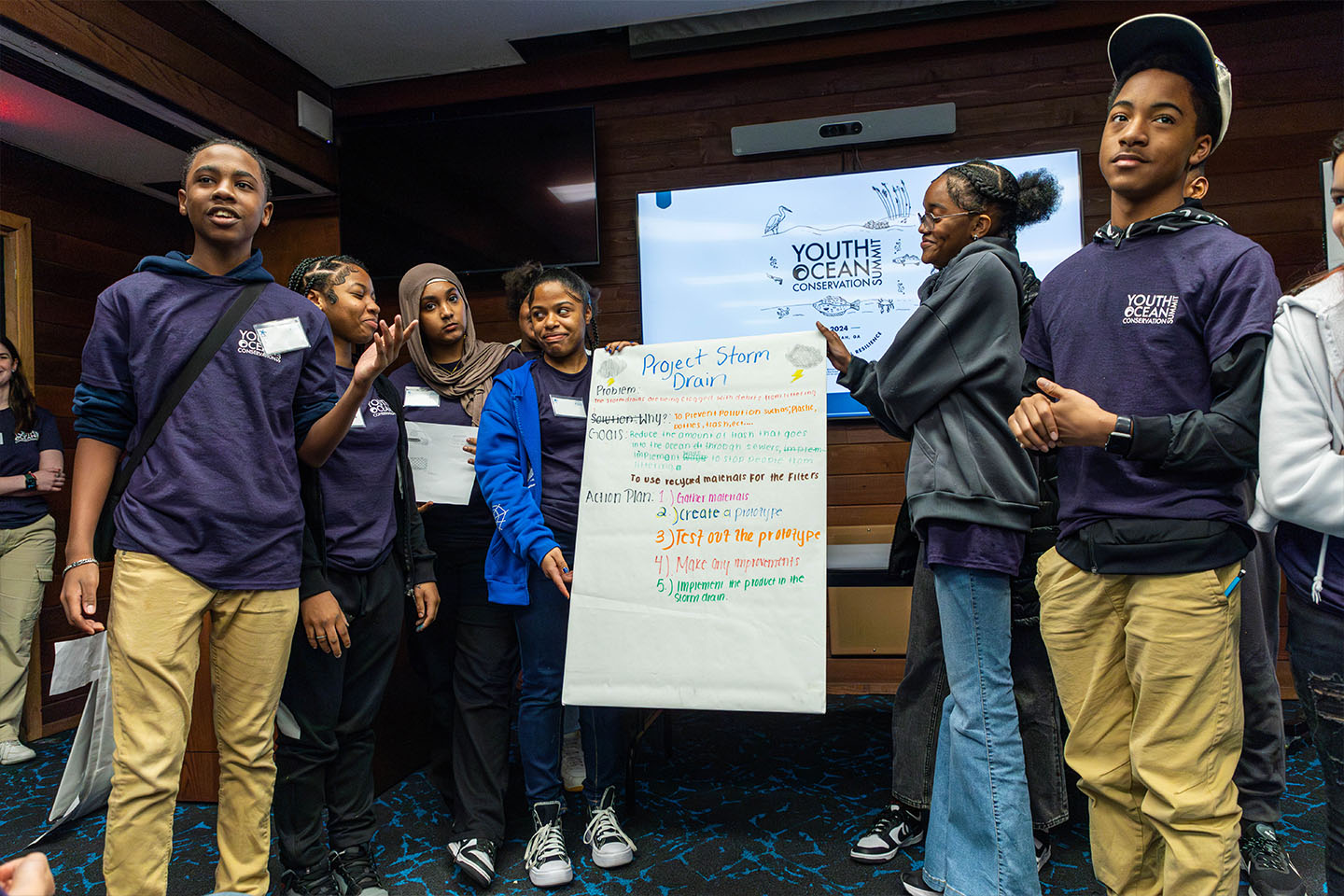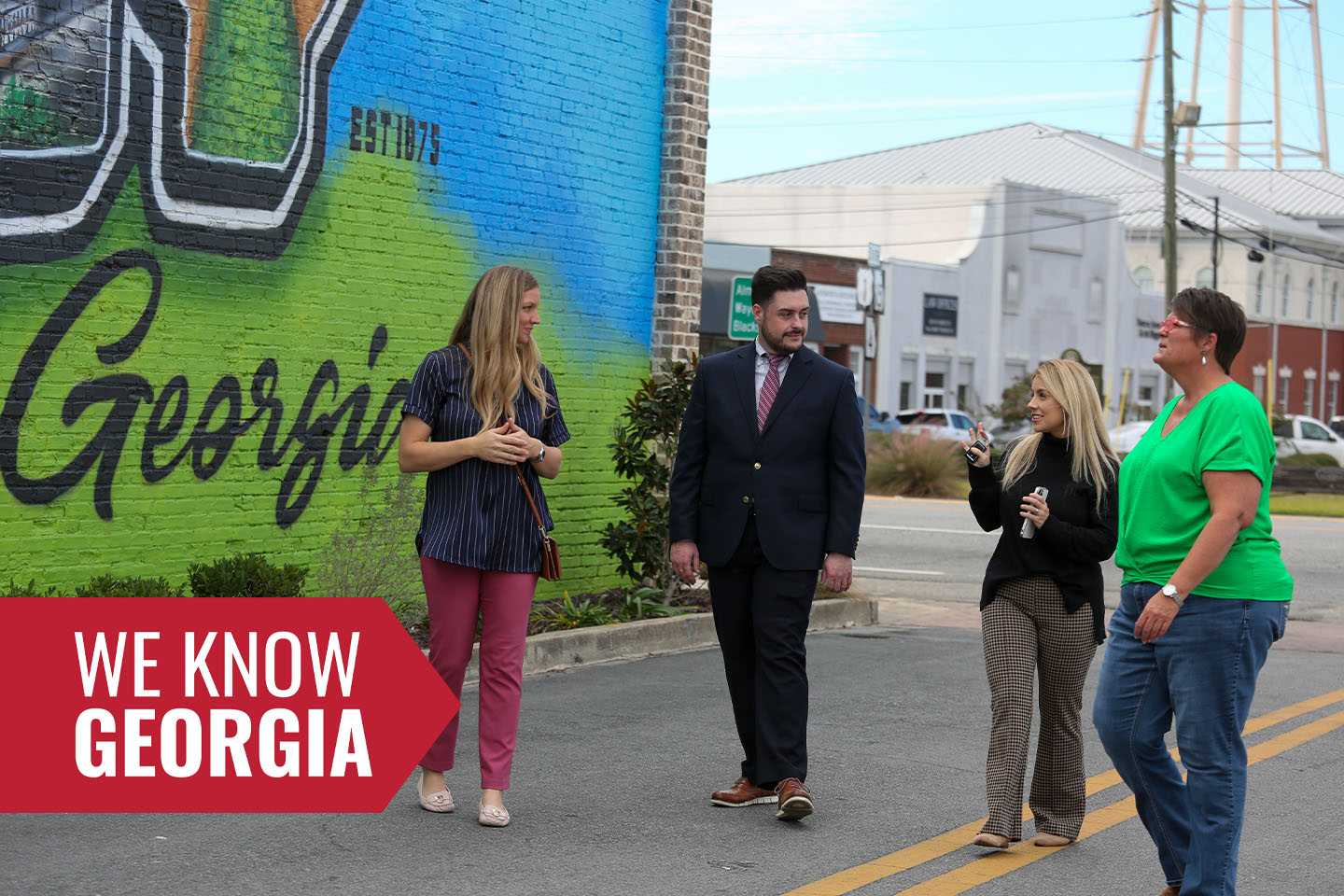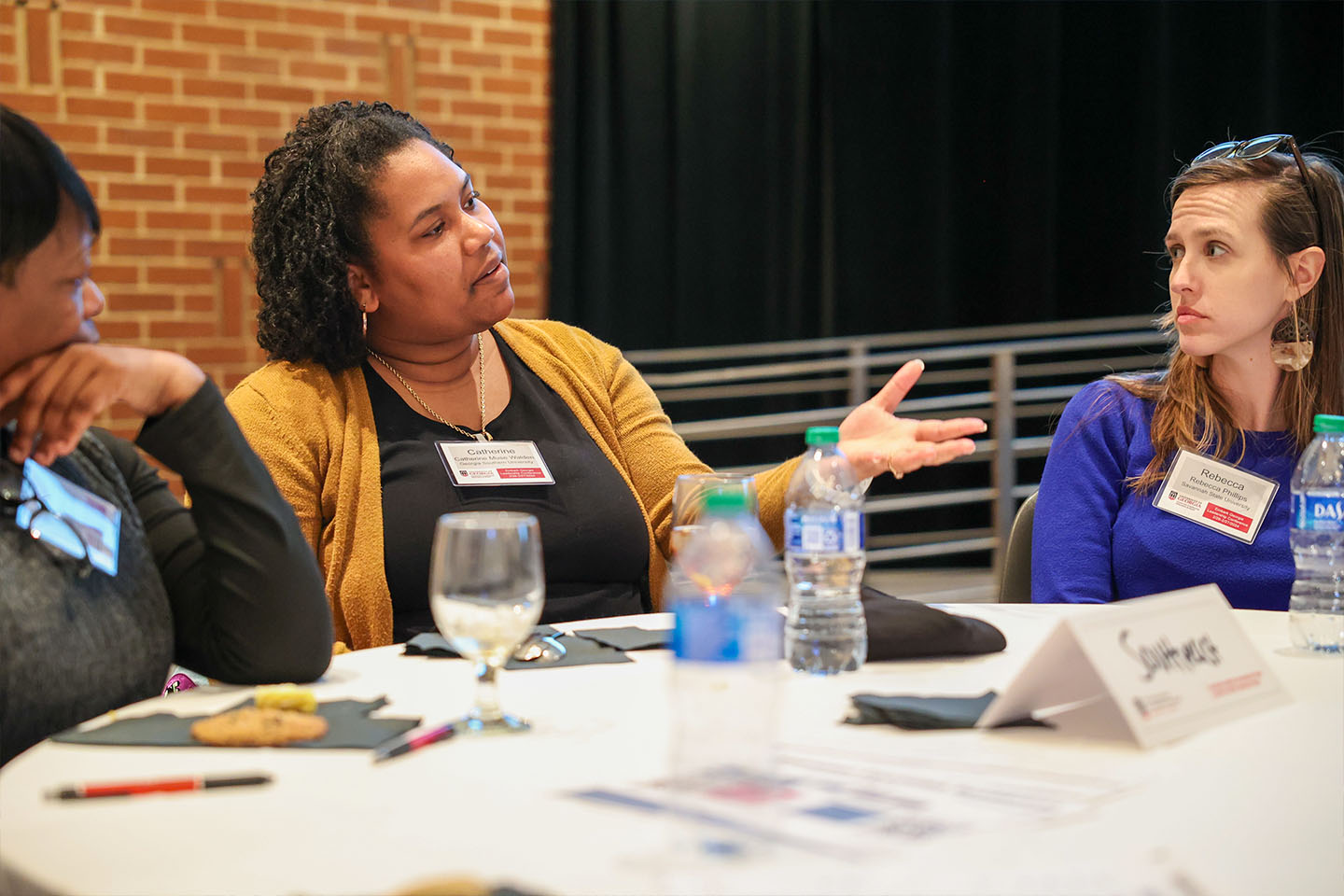Nonprofit leaders from around Georgia and as far away as Boston are participating in an intense, one-week leadership development program at the UGA J.W. Fanning Institute for Leadership Development this week. This is the eighth year that the Executive Leadership Program for Nonprofit Organizations (ELPNO) has been offered.
The 17 participants in this year’s class are exploring strategic leadership, resource development strategies, non-profit leadership, and ethics and governance. ELPNO participants not only learn from nationally known faculty but they also learn from each other. Participants include existing and emerging leaders from organizations addressing issues such as homelessness, child advocacy, food insecurity, employment, education, research and youth development.
The more than 175 nonprofit leaders who have graduated from ELPNO over the past eight years overwhelmingly report that they are better nonprofit leaders as a result of the training, said Janet Rechtman, lead ELPNO faculty from the Fanning Institute, a unit of public service and outreach.
Ray Bishop, president of Goodwill Industries of North Georgia is among them.
“ELPNO provides great value for our investment of time and resources,” said Bishop, the current chair of the ELPNO advisory board. “Growing and developing our next leaders is vital to our success.”
Those attending include the heads of such organizations as Goodwill Industries regional offices, the Atlanta Community Food Bank, and some faith-based nonprofit organizations.
“The breadth of experience presented this week helped me to understand nonprofit life cycles. It’s hard to ask the right questions without that knowledge,” said Marlene White, executive director of the Decatur Cooperative Ministry. “I can now ask the questions and address the issues vital to moving the Decatur Cooperative Ministry forward.”
ELPNO is a partnership developed by the Fanning Institute, the Georgia State University Andrew Young School of Policy Studies, and the Georgia Institute of Technology’s Institute for Leadership and Entrepreneurship.
Writer: Dessa Morris




